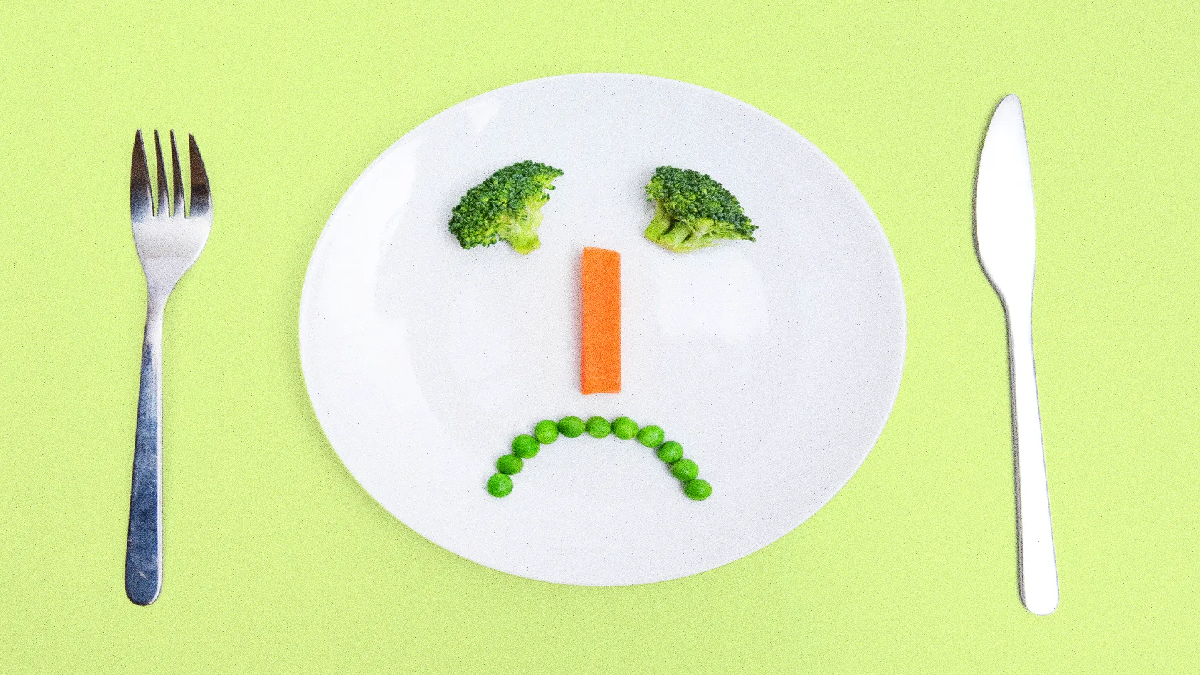Food, for the longest time, has been believed to effect a person’s mental health. It was just a vague idea that has always plunged the scientists into a non conclusive debate. But the researchers never gave up on ruminating the cause that creates the link between food and mental health. These lengthy studies lead to the emergence of a new scientific study that showed a relation between depression and vegetarian diet.
Vegetarians have around twice as many depressive episodes as meat-eaters, according to a new study. The study, based on survey data from Brazil, chimes with earlier research that found higher rates of depression among those who forgo meat. It suggests that this link exists independent of nutritional intake and does not depend on weight or protein intake.
Nonetheless, the new study, published in the Journal of Affective Disorders, considered a wide range of nutritional factors, including total calorie intake, protein intake, micronutrient intake, and food processing level. This suggests that the higher rates of depression among vegetarians are not due to their diet’s nutritional content.
So, what could account for the link between vegetarianism and depression? Is there a non-nutritional mechanism at work that causes the former to cause the latter? Is the relationship the result of something else entirely?
For starters, it is possible that being depressed causes people to become vegetarians rather than the other way around. Depression symptoms can include ruminating on negative thoughts as well as feelings of guilt.
Read More: Cheap and Healthy Foods for People on a Budget – About Pakistan
Assuming that depressed and non-depressed people are equally likely to encounter the upsetting reality of slaughterhouses and factory farming, it is possible that depressed people are more likely to ruminate on those thoughts, and more likely to feel guilty for their part in creating the demand.
In this case, the depressed vegetarian is not necessarily incorrect in his or her thinking. While depression is sometimes characterised as having unrealistically negative perceptions, there is evidence to suggest that people with mild to moderate depression have more realistic judgments about the outcome of uncertain events and more realistic perceptions of their own role and abilities.
In this case, animal cruelty is evident in the meat production process. And this is truly due to consumer demand for cheap meat.
Second, following a vegetarian diet may cause depression for reasons other than nutrition. Even if no “happy nutrient” is missing from a vegetarian diet, it is possible that avoiding meat causes depression in other ways.
Adopting a vegetarian diet, for example, may have an impact on one’s relationships with others and involvement in social activities, and may be associated with teasing or other forms of social ostracism.
Notably, the new study is based on survey data from Brazil, a country known for its meat-heavy diet. According to some survey data, vegetarianism in Brazil has increased dramatically in recent years, rising from 8% in 2012 to 16% in 2018. However, a recent study of over 14,000 Brazilians discovered only 82 vegetarians – barely more than half a percent.
One has to wonder if the same link exists between vegetarianism and depression in India or other countries where vegetarianism is more of a social norm. More importantly, as the rate of vegetarianism rises in the United Kingdom and other developed countries, will the relationship fade away?
Finally, it is possible that neither vegetarianism nor depression cause the other, but that they are both linked to a third factor. This could refer to any of the traits or experiences associated with both vegetarianism and depression.


















